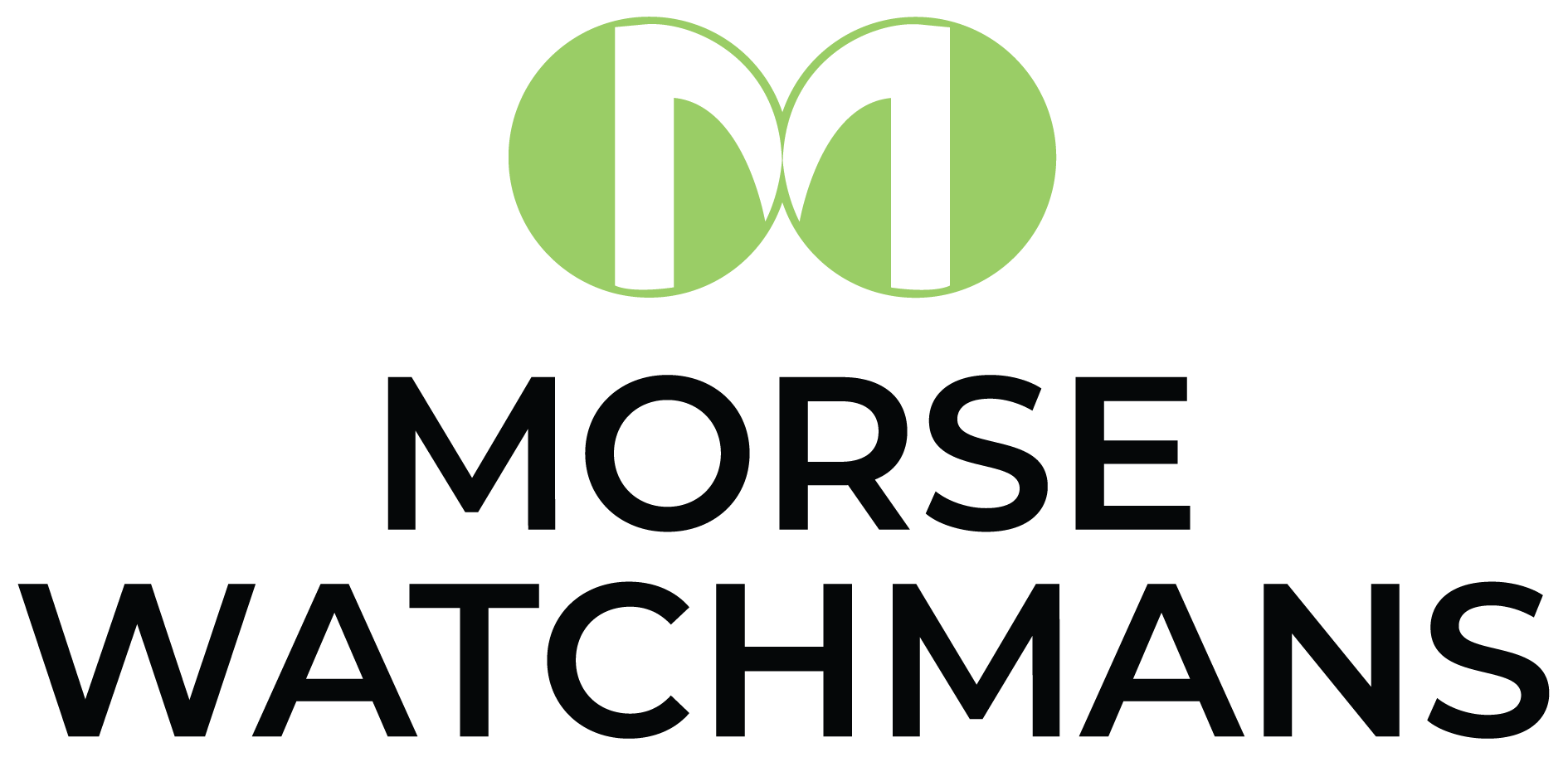 Complying with regulations is usually not the reason organizations go into business – but it can certainly affect whether they stay in business.
Complying with regulations is usually not the reason organizations go into business – but it can certainly affect whether they stay in business.
From expensive fines to a security breach or worse, failure to comply with government or company regulations can lead to a range of negative outcomes. But when managed effectively, compliance procedures can help ensure that all security and other obligations are being met.
Compliance itself can be difficult, which is why many companies turn to key control systems. For example, in the cash rich environment of a casino, it is not enough simply to secure assets physically; there is a need for multiple levels of security to ensure the safekeeping of those assets. With automated key control and asset management systems, casinos, poker rooms and other gaming facilities can maximize security of access controlled spaces and minimize vulnerabilities which could lead to a loss or a less secure environment.
Customized features and advanced technology in today’s key control systems make it easier for security management to comply with industry regulations pertaining to key control and management. These may extend from procedures required to access room keys outside of scheduled hours to the number of signatures needed to access keys that are highly sensitive to the practice of verifying that a user has permission for the specific key requested. And every activity must be recorded and/or reported for auditing purposes.
Access – Keys secured in the tamper-proof cabinets can only be accessed by authorized individuals once they have presented identification and been verified in the system that they are authorized to access the requested key. In other instances where access to certain keys or key sets that are highly sensitive is needed, compliance regulations in the gaming industry require signatures from three individuals, one each from three separate departments. Typically the three individuals would include a drop team member, a cage cashier and security officer. The cabinet door will only open and release the keys once the three required logins are complete and the credentials verified.
Returning highly sensitive keys may be even more highly regulated, with multiple levels of security required. For example, regulations mandating “full secure” would require that the same users who removed a key must return the key, while “department secure” would only require the first user’s credentials to match exactly while the two other users would have to match by department. These additional requirements may also apply to other financial applications as well as to military applications (e.g., munitions dumps).
Other rules specify who can and cannot access keys. For example in a gaming application, access to table game drop box release keys can be limited to the specific employees who are authorized to remove the table game drop boxes from the tables. These same individuals would be precluded from having access to table game drop box contents keys at the same time they have the table game drop box release keys out.
Reporting – Regulations governing audit requirements may vary from application to application and state to state. For example, for employees signing the table game drop box keys in or out, Nevada gaming requirements call for maintenance of separate reports indicating the date, time, table game number, reason for access, and signature or electronic signature. In another example, the Oklahoma Department of Corrections (ODOC) requires that key incident reports be submitted to a supervisor prior to the end of shift or prior to being relieved.
Operational Conveniences – It is useful for certain keys or key sets to be very quickly available to their authorized users. With an instant key release feature, the user only needs to input their credentials, and the system knows whether or not they already have their specific keys. If not, the system unlocks and their keys are immediately available to them. Returning keys is just as fast and easy. This saves time, reduces training and helps to overcome any language barriers. Meanwhile, personnel like security guards or housekeepers can be organized into “groups,” making it easier to manage user permissions. And if multiples of the same respective key sets are available, the system can cycle through them – i.e., release the next available key set to each authorized user from a group – so that all keys get equal usage.
By keeping these elements in mind, management will be able to better protect the facility and assets as well as meet a variety of industry regulations.
For more information on how key control systems can help with regulatory compliance, contact one of our experts today!




